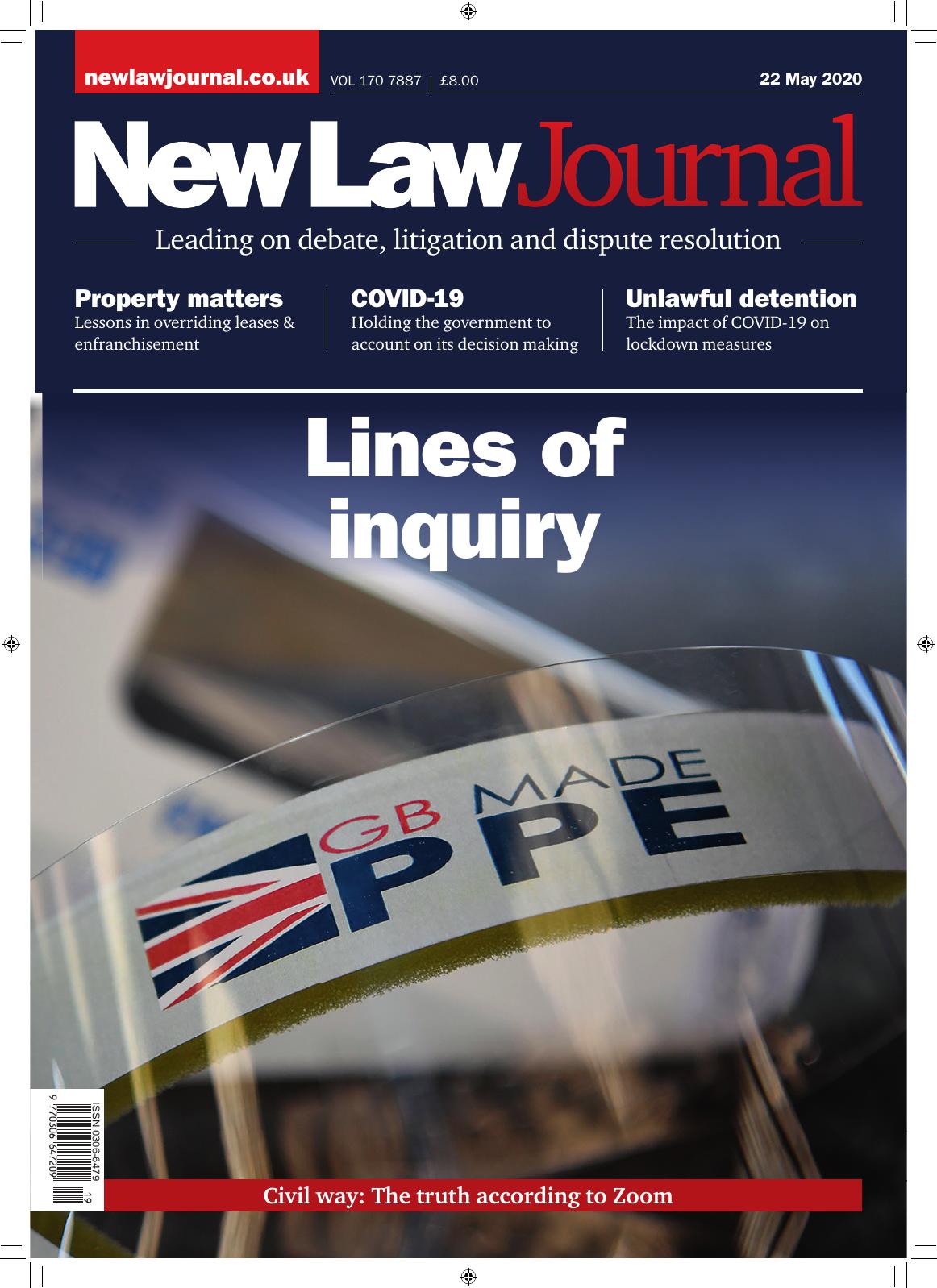
Lord Sumption’s view, two weeks into lockdown, that politicians were overreacting to the coronavirus illustrates, Gould writes, ‘some of the difficulties of making urgent decisions without solid evidence and substituting instead the imperatives of a belief system in which individual freedom is the only preferred child in a precious family.
‘Contrary to the plausible, but incorrect, hypothesis expressed in the article, it may well turn out to be the case that government decision makers acted too slowly, with insufficient vigour and failed to get to grips with the necessary detail.’
As well as critiquing Lord Sumption’s controversial column, Gould highlights the importance of decision making and government accountability during the crisis. He calls for the government to be held to account, and explains why ‘the mantra that nominal decision makers are only following scientific advice should be disturbing to anyone familiar with the requirements of public law’.











